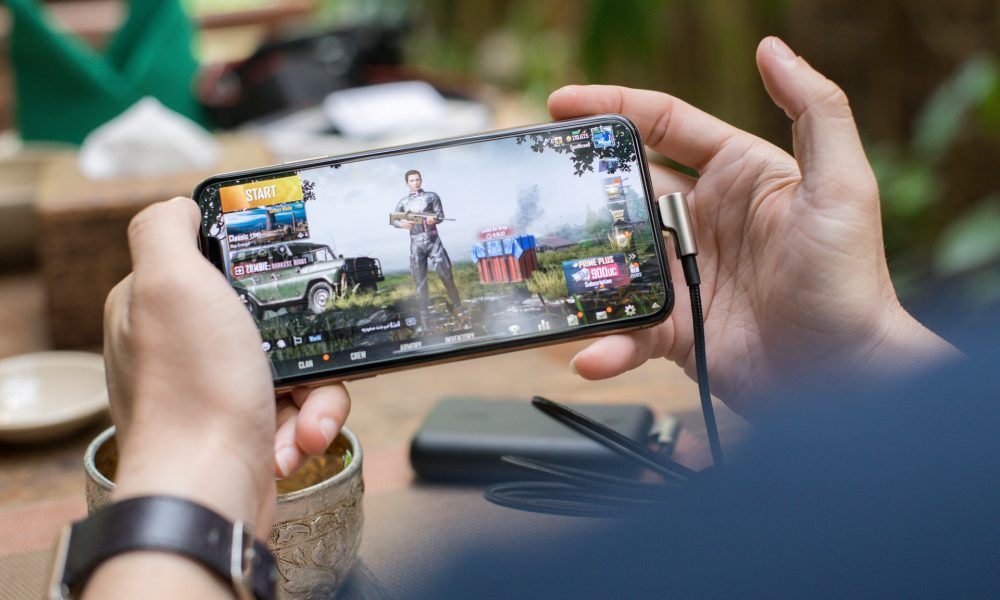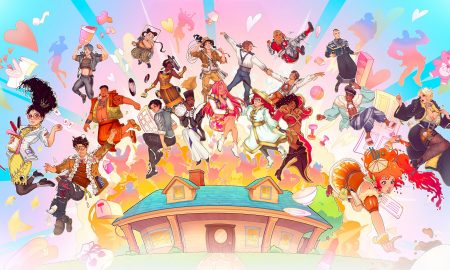

In the last decade, mobile gaming has transitioned from a niche pastime to a central form of entertainment for millions around the world. This transformation is driven by advancements in mobile technology and the emergence of vibrant, diverse gaming communities. These communities have become influential cultural forces, shaping how games are developed and marketed and how players consume them. Here, we will explore the evolution of mobile gaming communities, their cultural impact, and how they are reshaping the social landscape of gaming.
Evolution of Mobile Gaming Communities
Mobile gaming communities have grown significantly due to the accessibility of smartphones and the increasing quality of mobile games. Initially, mobile games were simple, solitary experiences, but today, they rival traditional console games in complexity and engagement. This evolution is largely influenced by the integration of social features, such as multiplayer modes, chat functions, and community events, which have transformed mobile gaming into a rich and social experience.
From Casual to Core Gaming Experiences
Originally dominated by casual games, the mobile platform has now expanded to include genres traditionally seen on PC and consoles, such as RPGs, FPS, and strategy games. This diversification has attracted a wider audience and fostered a more engaged community. Gamers are no longer just passing time; they are actively participating in well-defined gaming communities. Indeed, mobile gaming has become so ubiquitous that developers of some of today’s top games are looking to make mobile versions of their successful computer and console games.
This trend not only broadens the accessibility of these games but also enhances the depth of mobile gaming experiences, attracting a community of gamers who seek complex, engaging gameplay that mobile platforms previously did not provide.
Technological Advancements Driving Community Engagement
The improvement in mobile technology, including faster processors, better graphics, and more responsive touch screens, has allowed developers to create more immersive games. With these technological advancements, developers can now incorporate features that were once exclusive to consoles and PCs, such as live multiplayer action and complex story-driven content, which are essential for community building.
Enhanced audio capabilities and the integration of virtual reality (VR) elements have further transformed the mobile gaming experience, making games more engaging and realistic. These improvements not only attract a broader audience but also encourage longer gameplay sessions, fostering a deeper sense of community among players. Moreover, advancements in cloud gaming technology allow for high-quality game streaming on mobile devices, breaking down the hardware barriers that once limited mobile gaming potential.
Cultural Impact of Mobile Gaming
As mobile gaming communities grow, they increasingly influence cultural trends and media consumption. These communities bring together people from diverse backgrounds, fostering a melting pot of cultural exchange. Mobile games often incorporate elements from various cultures, which helps in promoting multicultural understanding among players. This cultural representation can challenge stereotypes and encourage empathy by providing players with different perspectives. As mobile gaming becomes a mainstream entertainment medium, it shapes fashion, music, and art, reflecting and influencing contemporary culture in multiple dimensions.
Shaping Social Interactions
Mobile games with social capabilities allow players to connect, collaborate, and compete with each other, transcending geographical and cultural boundaries. This connectivity is not only limited to gameplay but extends to social media, forums, and real-world meetups, creating a culture that revolves around mobile gaming experiences. These interactions often lead to lasting friendships and even professional relationships as people find common ground in their love for gaming.
Mobile Gaming as a Platform for Social Commentary
Some mobile games have begun reflecting and commenting on social issues, influencing players’ perceptions and discussions around these topics. Games that tackle themes such as equality, mental health, and environmentalism contribute to broader societal conversations, with mobile gaming communities often at the forefront of these discussions. This trend empowers developers to use their platforms for advocacy, making games that entertain, educate, and provoke thought. The interactive nature of games makes them effective tools for engagement on complex issues, offering players scenarios that challenge their worldview.

Influence on Game Development and Marketing
The rise of mobile gaming communities has also significantly impacted how games are developed and marketed. Developers now consider the needs and preferences of these communities, leading to games that are more aligned with user expectations. This customer-driven approach helps developers create products that are more likely to succeed in a competitive market, as they are tailored to their players’ specific tastes and demands. Feedback loops are shorter in mobile gaming, allowing for rapid iteration and improvement based on user feedback.
Community-Driven Game Development
Feedback from mobile gaming communities is invaluable for developers seeking to improve their games or develop new titles. Community forums and social media provide a platform for players to express their desires, critique, and appreciation, which in turn guides developers in creating content that resonates with their audience.
Marketing Through Community Engagement
Game developers and marketers have recognized the power of community engagement as a tool for promoting games. Launching beta tests, hosting live events, and maintaining active communication channels are strategies used to excite and retain community members, thereby ensuring sustained interest and loyalty.
Future Trends in Mobile Gaming Communities
Looking ahead, mobile gaming communities are set to become even more influential. With advancements in mobile AR and VR and improved connectivity through 5G networks, future mobile games will likely offer even more immersive and engaging community experiences. As technology evolves, so too does the potential for more complex and richly interactive gaming environments, which could redefine the very nature of mobile gaming. This evolution is likely to accelerate the blurring of lines between real and virtual worlds, creating spaces where players can interact in ways previously confined to science fiction. The ongoing innovation in mobile gaming technologies will likely continue to attract a wider demographic, further solidifying the role of gaming in everyday social interactions.
The Role of Augmented and Virtual Reality
Augmented Reality (AR) and Virtual Reality (VR) are poised to redefine the mobile gaming landscape by creating more immersive experiences. Games like Pokémon GO have already shown the potential of AR in mobile gaming to bring communities together in the physical world. At the same time, upcoming VR technologies are expected to blur the lines between real and virtual community interactions further. These technologies enrich the gaming experience by offering unparalleled immersion, making players feel truly a part of the game’s world. Additionally, AR and VR can transform everyday locations into interactive gaming environments, merging the digital and physical worlds in exciting new ways. This convergence promises to make mobile gaming an even more integral part of social interaction and entertainment.
Enhanced Connectivity with 5G
The rollout of 5G technology promises to enhance mobile gaming significantly by reducing latency, increasing download speeds, and allowing more complex online interactions. These improvements will enable more robust and responsive gaming experiences, encouraging deeper community engagement and interaction. Faster and more reliable internet connections mean that multiplayer games will be smoother and more accessible, attracting a larger audience to mobile gaming. The ability to stream high-quality content without interruptions also opens the door for more sophisticated game designs, which could involve larger worlds and more players interacting simultaneously. Ultimately, 5G will empower developers to innovate without the constraints of previous mobile network capabilities, potentially revolutionizing how we think about and engage with mobile games.
A New Era of Gaming Culture
The cultural impact of mobile gaming communities is profound, influencing the gaming industry and broader social dynamics. As these communities continue to evolve, they offer a glimpse into the future of entertainment, where mobile games play a central role in shaping cultural and social landscapes. This influence is set to deepen as mobile gaming becomes more integrated into daily life, driving entertainment, social interactions, education, and even business processes. Once seen as mere diversions, mobile games are now powerful platforms for community building and cultural expression, reflecting the interests, issues, and voices of their diverse player bases.
As mobile gaming technology advances and becomes more accessible, we can expect these communities to grow in both size and influence. The democratization of gaming through mobile platforms has opened up new possibilities for inclusivity and diversity, making gaming a truly global culture. In this light, mobile games are not just games; they are cultural artifacts that represent and shape the zeitgeist of our times. With each game release, developers seek to entertain and resonate with, reflect, and even challenge societal norms, making each game a unique narrative thread woven into the broader tapestry of global culture. Thus, as we look forward, the significance of mobile gaming communities in cultural discourse cannot be underestimated, as they are poised to redefine the boundaries between digital and real-world interactions.

































You must be logged in to post a comment Login